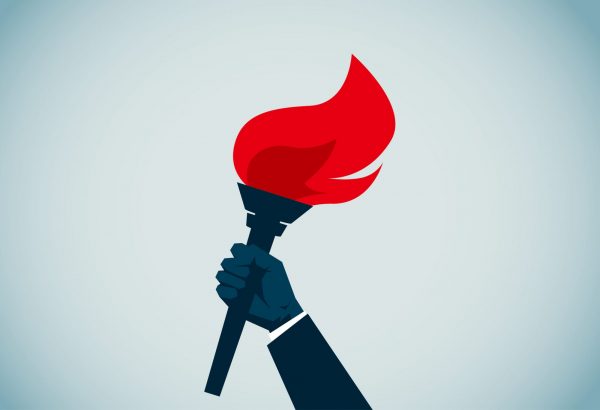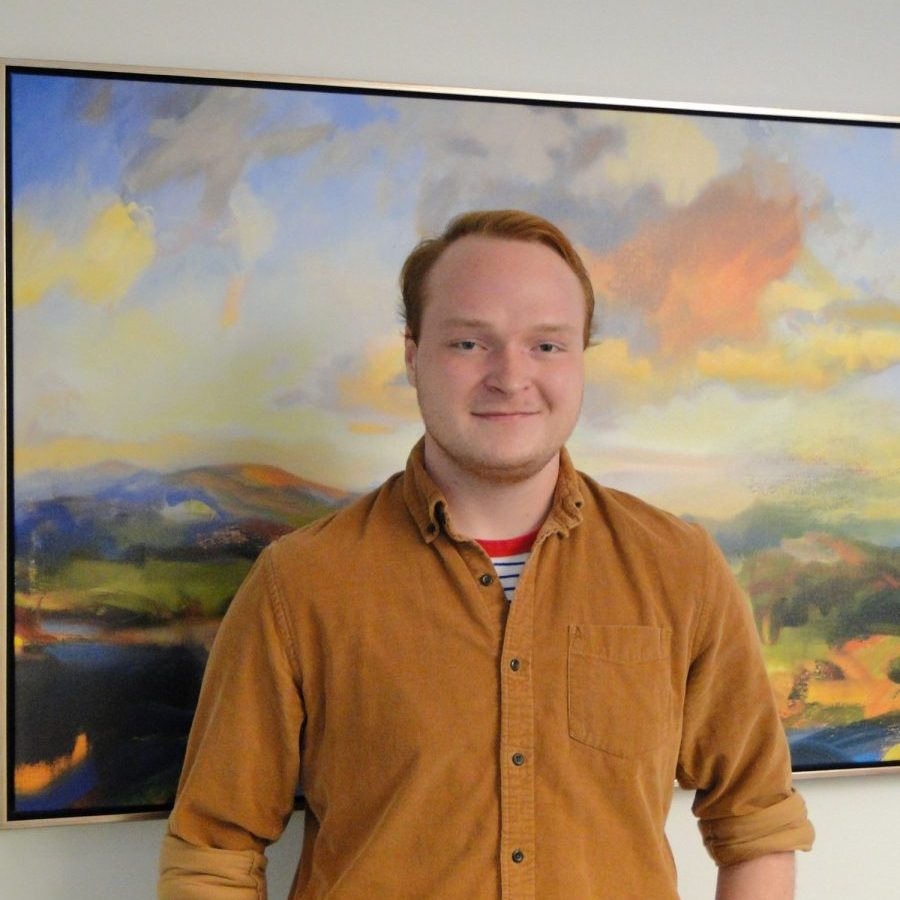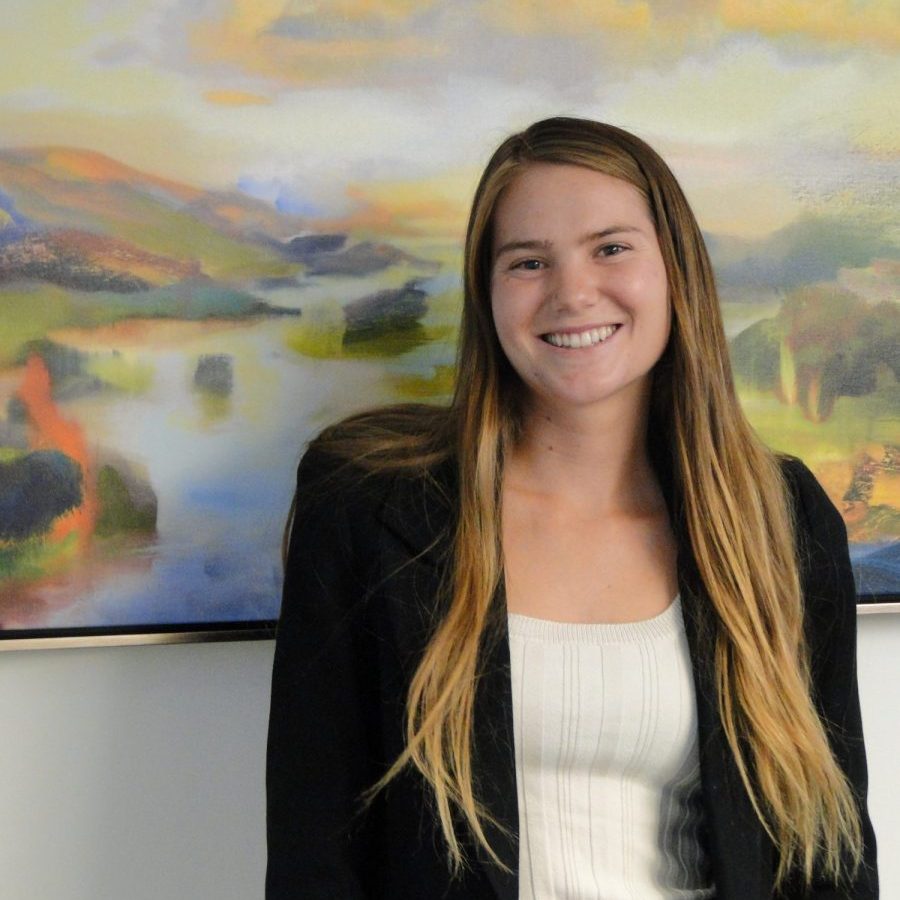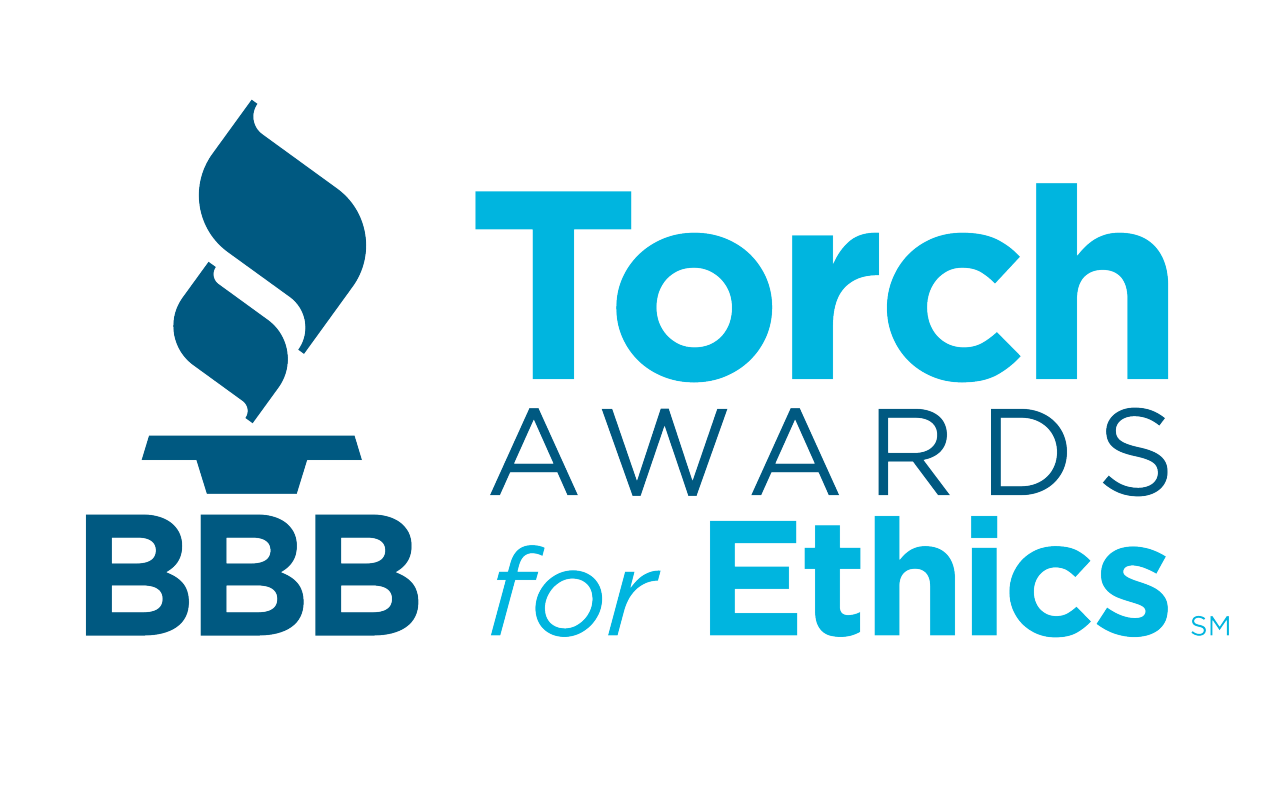
How is philosophy applicable to the “real world”? This question seems to haunt students, and perhaps more so their parents, as they contemplate a philosophy degree. “What many don’t understand is that philosophy is perhaps the most useful thing students can study in order to gain broad and applicable skills in thinking, writing, and communicating—not to mention living the best possible life,” says philosophy department chair Matt MacKenzie.
Recent philosophy graduates Walker Urban and Molly Moxness wanted to test out that claim and see what philosophy looks like when you leave the classroom and enter the “real world.” For both, an internship was a practical step toward a future career—even though what that career looked like was still a bit fuzzy. A former computer science major, Urban always had an internship plan on his radar: “From having studied other fields, I knew that an internship was a big thing to have coming out of college because employers look for that direct experience.” Moxness was also looking for that extra advantage that an internship experience would bring and how it would “set her apart from her peers” when applying to MA programs in bioethics.
Finding the right fit—an internship that somehow connected their philosophical training to practical experience—was paramount. Moxness explains, “In looking for internships it was really important to me to find something that was applicable to my future. I wanted something focused on ethics so this internship was a perfect fit.” Both Urban and Moxness accepted positions as Ethics Scholars with the Better Business Bureau (BBB) Serving Northern Colorado and Wyoming and worked as paid interns for the fall 2021 semester.


Evaluating ethical business practices
The BBB internship experience supports the selection of the annual Torch Award for Ethics winners—a recognition of excellence at incorporating ethical principles throughout an organization. Since the inception of the Torch Awards nearly 25 years ago, the BBB has partnered with CSU, University of Northern Colorado, and University of Wyoming to provide students an internship opportunity to evaluate businesses and nonprofit organizations according to the BBB’s 4 C’s of Trust: Character, Culture, Customers and Community. These 4 C’s of Trust examine the character of an organization’s leadership, the authentic culture of trust being fostered within an organization, the way a company prioritizes relationships with customers, and the impact the organization is making in their local community.
Outreach coordinator Jennifer Hahnke explains why the BBB decided to bring students into this process: “We have found this program to provide a unique and comprehensive in-depth ethics learning experience for each intern, as well as a thought-provoking and introspective opportunity for business and nonprofit leaders to work with university students, our future workforce. We are looking for students who have a genuine interest in ethics and want to learn more about ethical leadership, decision-making, and cultural development through a hands-on, real-world experience with a business and/or nonprofit organization in Colorado and Wyoming”
The primary role of a BBB Ethics Scholar intern is to research and communicate with two assigned organizations and engage in interviews with company leadership while working through award criteria of character, culture, customers, and community. The end product is a report on each business summarizing their findings and then advocating for each business in a presentation to a panel of judges who select the annual Torch Award winners.

Putting philosophical skills to work
Moxness found her philosophy major to be an asset in approaching this work: “I think that my philosophy background definitely helped when it came to writing the papers. Through my major the greatest skill I have taken away is the ability to form and deliver a persuasive argument and that is practically what the paper and presentations required us to do.”
Urban agrees with this assessment: “The content of what we do in philosophy wasn’t applied as much as the general mode of doing philosophy. For example, philosophy students know how to take in a lot of raw information and make an argument out of it that's fairly concise and speaks to the audience.” Urban also figured out how to use his critical thinking skills in ways that served the project. “Philosophy teaches you how to raise objections and play devil’s advocate. While that helped in investigating the companies and asking questions, the final product was making a persuasive case for our organizations.”
This was the first year that philosophy students were directly involved in representing nominees for the Torch Awards. “As BBB worked with Walker and Molly, we found their perspective, philosophical analysis, and critical thinking to be enlightening and offered a new approach to evaluating a business with BBB’s Torch Awards,” Hahnke shared.
In December 2021, an independent panel of judges reviewed all candidate applications prepared by the Ethics Scholars and selected one of Urban’s companies, Snaptron in Windsor, CO, as a recipient of BBB Torch Award for Ethics. Snaptron designs and manufactures tactile domes that are instrumental in many handheld devices, like remote controls and video game controllers.
Part of Urban’s argument in favor of Snaptron’s selection focused on their choice of moral incentives over monetary ones. “Normally there's not much talk of ethics or morals in a free market company. It's pretty straightforward. You just follow the incentives to make a profit and remain in business. I really tried to highlight how Snaptron chose a particular path despite possible effects on profit or efficiency. They put aside profit for other values—such as workplace culture, customer satisfaction, clear communication, and conflict-free source materials—and that’s really admirable,” says Urban.
The core of philosophy is learning how to both analyze and create arguments and that is extremely helpful. I also think that the ethics side of philosophy is very applicable and relevant. Quite literally everything in the world has an ethical component."
Learning professionalism
One of the big takeaways for both Urban and Moxness was the level of professionalism and accountability required in a corporate setting. The significance of this real-world expectation hit home for Urban when he realized what was riding on his work. “It’s one thing to miss a deadline in class and it may affect your grade. But now, in the internship, your work really does influence the company and their chances for getting recognized for all the work they’ve done to build their reputation,” he says.
For Moxness, the most significant learning experience was figuring out how to communicate, coordinate, and behave in a professional business setting. “The presentation fine-tuned my presentation skills as I have mostly presented to my peers. In this case, I was presenting to CEOs and owners of businesses in the local area, so it was definitely intimidating. I also learned how to dress and conduct myself in the business world which is a very valuable skill to have,” she says.
So, is philosophy applicable?
Moxness’ internship experience has given her a clear answer to the question. “I think philosophy is very applicable to the ‘real world,’ and I think a lot of people mistakenly believe that it is a pointless enterprise. The core of philosophy is learning how to both analyze and create arguments and that is extremely helpful. I also think that the ethics side of philosophy is very applicable and relevant. Quite literally everything in the world has an ethical component, and a lot of people don’t realize that,” she says.
Urban sees the real value in the skills he’s learned while studying philosophy. “I think all the skills that come along with philosophy, like clear writing and critical and abstract thinking, are valuable to many different jobs, and it's mainly just making the case that you have something to offer an employer,” he says.
Though, Urban notes, his reasons for studying philosophy were never to gain a direct path to a particular job. “I think philosophy can be applied to a lot of different things which is why I like it. Ultimately, you're not stuck with just one path.”
